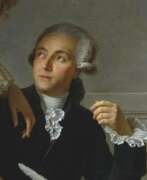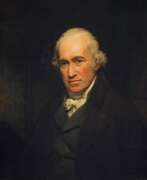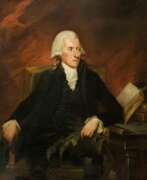Chemists 18th century
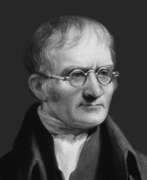

John Dalton was a British scientist, chemist and physicist, naturalist, and pioneer in the development of modern atomic theory.
In the 1800s, he was the first scientist to explain the behavior of atoms in terms of weight measurements. Some of the tenets of Dalton's atomic theory proved to be false, but most of the conclusions remain valid to this day.
Problems with his own eyesight led Dalton to research and describe the visual defect he himself suffered from in 1794 - color blindness, later named color blindness in his honor.
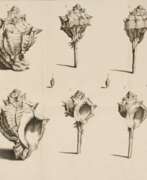

Michele Rosa was an Italian chemist and professor.
Rosa graduated from the Faculty of Medicine of the University of Bologna, then practiced in Venice and Rome. In 1766 he published An Essay on Clinical Observations, a pioneering work that brought him fame and earned him a professorship at the University of Pavia. In 1782 Rosa was appointed professor of practical medicine and president of the medical faculty of the new University of Modena. At Este he was elected president of the medical college and was in charge of sanitation.
In 1783 he published Letters on some physiological curiosities. In addition to physiology, epidemiology and public hygiene, Michele Rosa wrote works on natural science, antiquarianism and dietetics. Among these are the memoirs On Pores and Substances in Antiquity (1786) and On Gianda and Quercia (1801). In 1796 Rosa returned to Rimini, where he continued to teach and held some public offices.
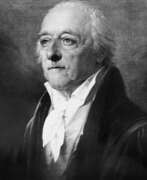

Nikolaus von Jacquin, full name Nikolaus Joseph Freiherr von Jacquin, also Baron Nikolaus von Jacquin, was an Austrian and Dutch scientist, professor of chemistry and botany, and director of the Vienna Botanical Garden.
Jacquin is considered a pioneer of scientific botany in Austria. He wrote fundamental works in botany, was the first to describe many plants, fungi, and animals, introduced experimental methods in chemistry, and successfully campaigned for the introduction of Linnaeus' system of plants in Austria. On behalf of Emperor Franz I, von Jacquin was in charge of the imperial gardens (including Schoenbrunn) and also led a scientific expedition to Central America from 1754 to 1759, from which he returned with an extensive collection of plants.
In 1768, Nikolaus von Jacquin was appointed professor of botany and chemistry at the Faculty of Medicine of the University of Vienna and director of the newly founded botanical garden, which he reorganized according to scientific principles. Nikolaus von Jacquin was a member of the Royal Society of London, a foreign honorary member of the St. Petersburg Academy of Sciences, and a correspondent of the Paris Academy of Sciences.
